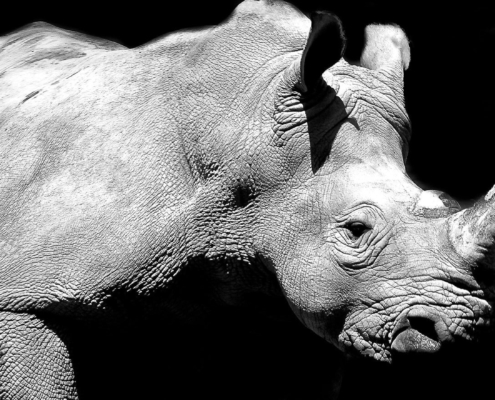
The Gray Rhino Trump Ignored and Still Tries to Hide
Blog, Decision Making, Leadership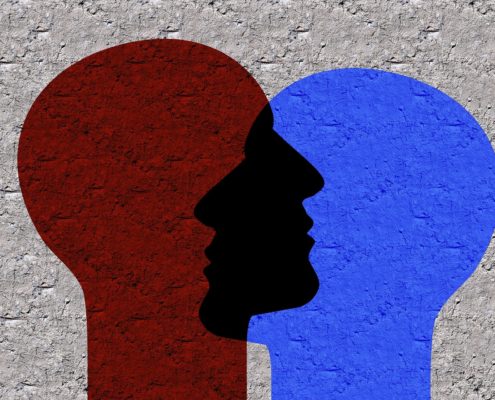
Sometimes It’s Best to Fight Bias with Bias
Blog, Contextual Influences, Decision Making
How CEOs Should Think About Rebuilding America
Blog, Decision Making, Leadership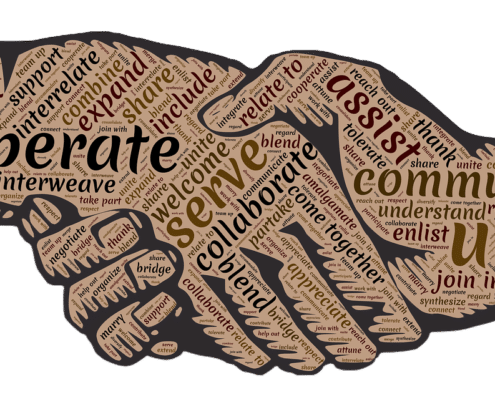
The Case Against Entrepreneurship As We Know It
Blog, Decision Making, Leadership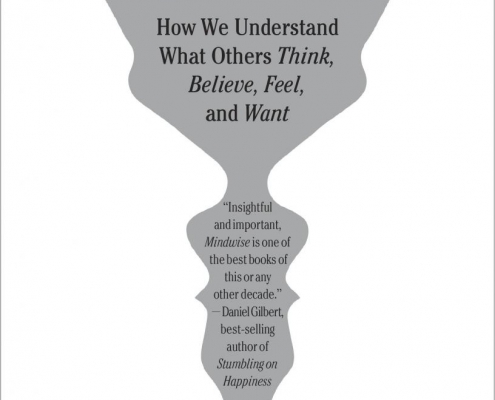
Designing a Good Life, University of Chicago’s Booth School of Business, 2015
Course Syllabus, Decision Making, Ethics Pays, Fairness, Professor, Teaching Ethics, Trust
Ethical Leadership in the Global Economy, Boston University, 2016
Course Syllabus, Decision Making, Ethics Pays, Fairness, Professor, Teaching Ethics, Trust
Professional Responsibility, NYU Stern, 2017
Contextual Influences, Course Syllabus, Decision Making, Professor, Teaching Ethics
The Value of Psychological Flexibility During a Pandemic
Blog, Contextual Influences, Decision Making, Personality & Personnel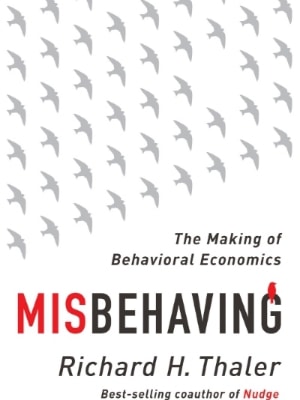
Misbehaving: The Making of Behavioral Economics
Book Summaries, Cheating & Honesty, Contextual Influences, Decision Making, Fairness, Internal Reporting, Practitioner, Professor, Researcher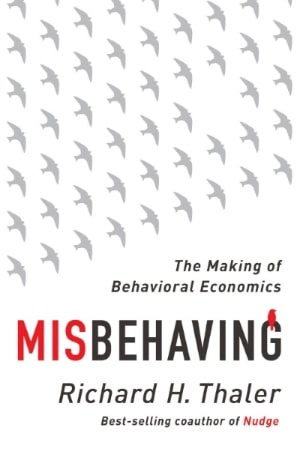 What do economics, psychology, and experimental science have in common? As Richard Thaler implies in Misbehaving: The making of behavioral economics, most economists would say little to none — but this couldn’t be further from the truth. Misbehaving is, first and foremost, a story of how modern economics, finance, and theoretical analysis have become increasingly specialized and narrow without substantial practical value. Utilizing empirical studies and anecdotes, funny stories, and even some jokes, Thaler persuades the reader that behavioral studies — or psychology-motivated disciplines which focus on humans, not mythical rational agents — are here to stay.
What do economics, psychology, and experimental science have in common? As Richard Thaler implies in Misbehaving: The making of behavioral economics, most economists would say little to none — but this couldn’t be further from the truth. Misbehaving is, first and foremost, a story of how modern economics, finance, and theoretical analysis have become increasingly specialized and narrow without substantial practical value. Utilizing empirical studies and anecdotes, funny stories, and even some jokes, Thaler persuades the reader that behavioral studies — or psychology-motivated disciplines which focus on humans, not mythical rational agents — are here to stay.
Thaler’s findings have numerous and far-reaching implications for designing and implementing ethical systems within organizations. Read our book review and learn more.

